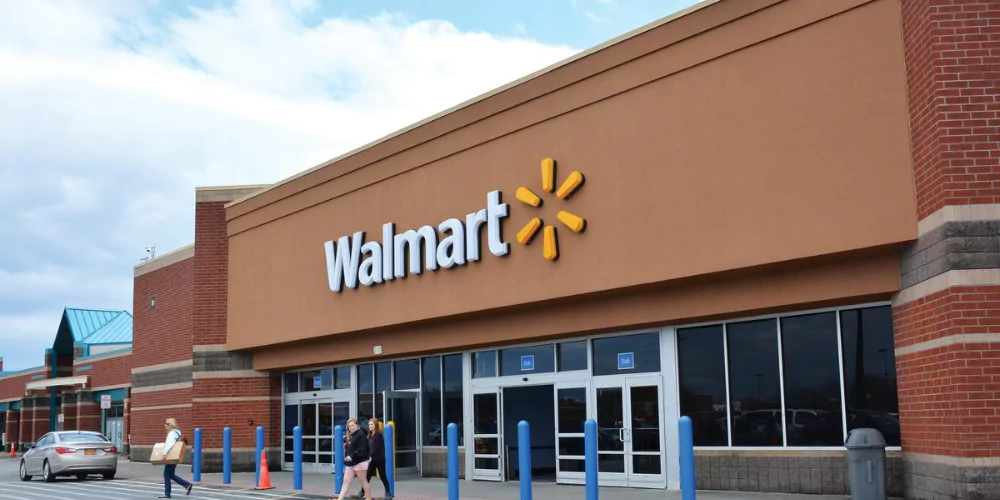In a bold move to modernize retail logistics, Walmart has officially launched its largest-ever drone delivery program, covering more than 30 cities across the United States. The retail giant announced Monday that the service will be available in select markets including Dallas, Tampa, Phoenix, and San Diego, with plans to reach up to 4 million households by the end of 2025.
This initiative marks Walmart’s biggest step yet in the rapidly evolving last-mile delivery race, as it looks to challenge Amazon’s same-day delivery dominance. Partnering with drone technology firms like Zipline and Wing, Walmart says customers can now receive thousands of items — from over-the-counter medicine to fresh groceries — delivered to their doorstep in 30 minutes or less.
Walmart’s EVP of Supply Chain Operations, Jennifer McKeehan, said in a press statement, “Speed and convenience have become non-negotiable for consumers. Our drone program allows us to leapfrog traditional traffic constraints and get products into customers’ hands faster than ever.”
Each delivery will cost a flat fee of $3.99, and there is no minimum order requirement. Orders can be placed directly through the Walmart app, where customers will also be able to track their deliveries in real time. The drones operate within FAA-approved airspace and are equipped with temperature-sensitive compartments to ensure product integrity.
Analysts see the move as a significant challenge to Amazon’s Prime Air, which has seen slower-than-expected rollout. “Walmart is showing it can innovate quickly at scale,” said Andrew Lipsky, a retail analyst at Piper Sandler. “This could reshape consumer expectations for local delivery.”
Walmart said that beyond customer convenience, the program is designed to reduce carbon emissions by removing traditional delivery vehicles from short-distance routes. The company will continue testing autonomous delivery vans alongside the drone program in suburban areas.
As the retail delivery landscape becomes increasingly tech-driven, Walmart’s investment in drones signals a major shift in how American consumers may soon expect their everyday items to arrive — not by a delivery van, but from the sky.
